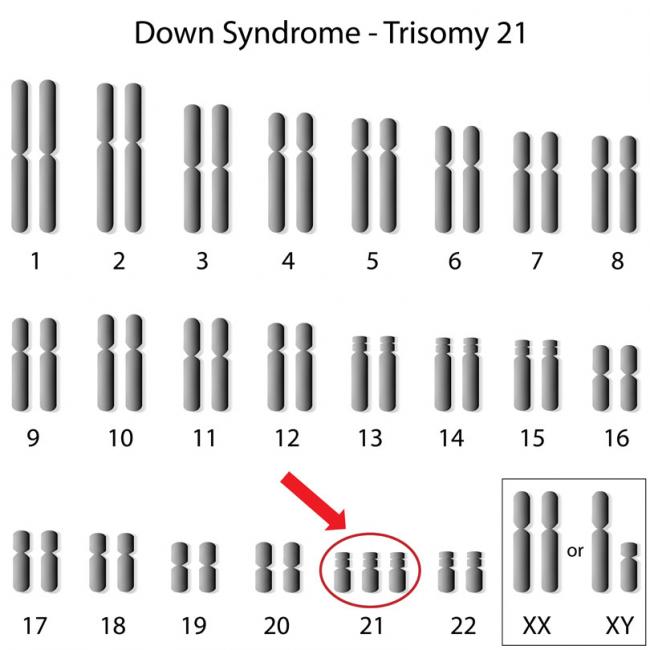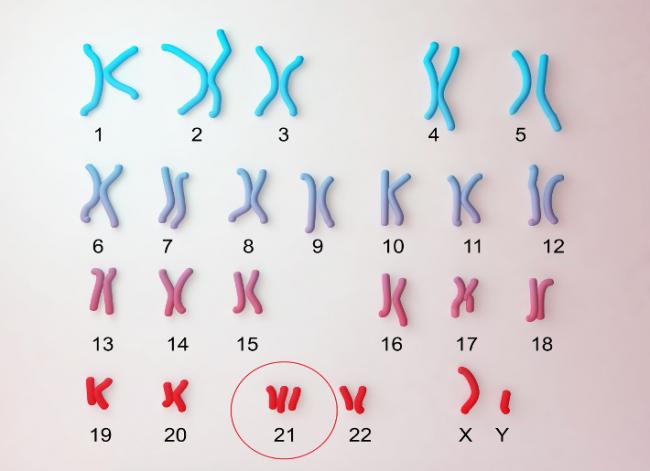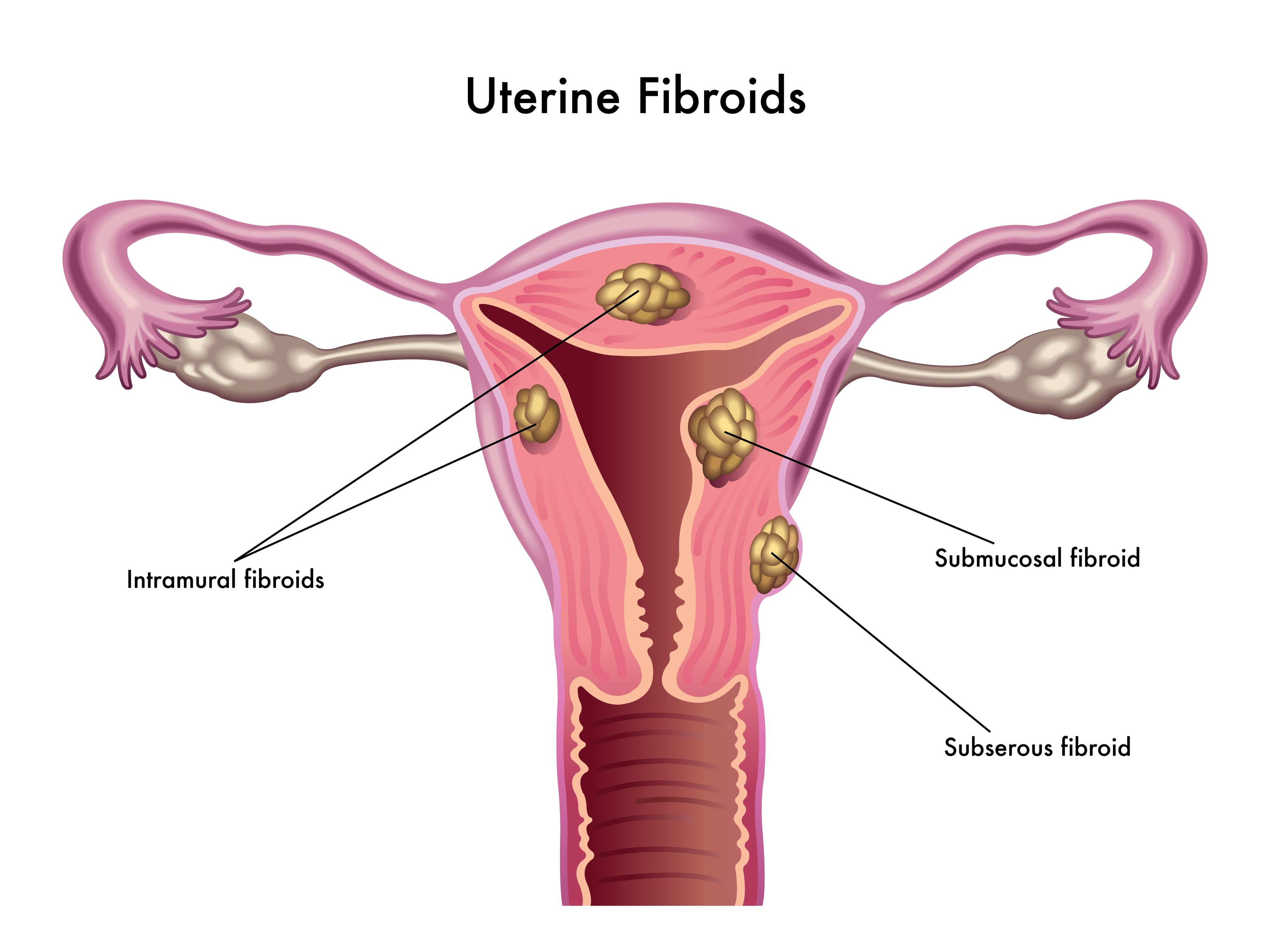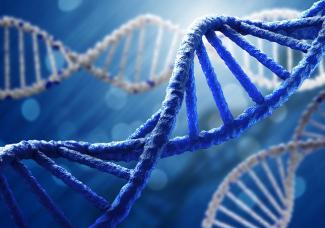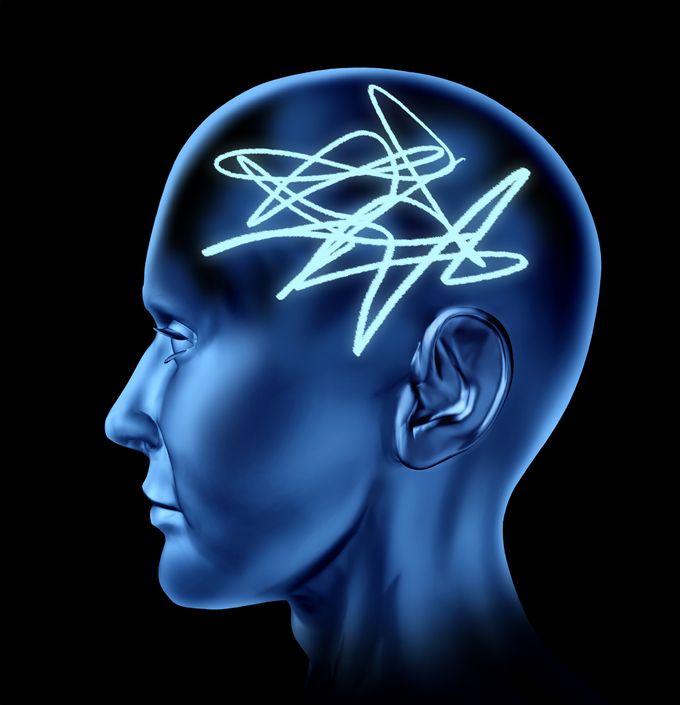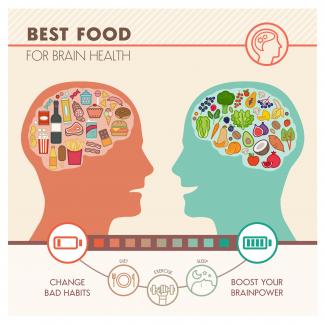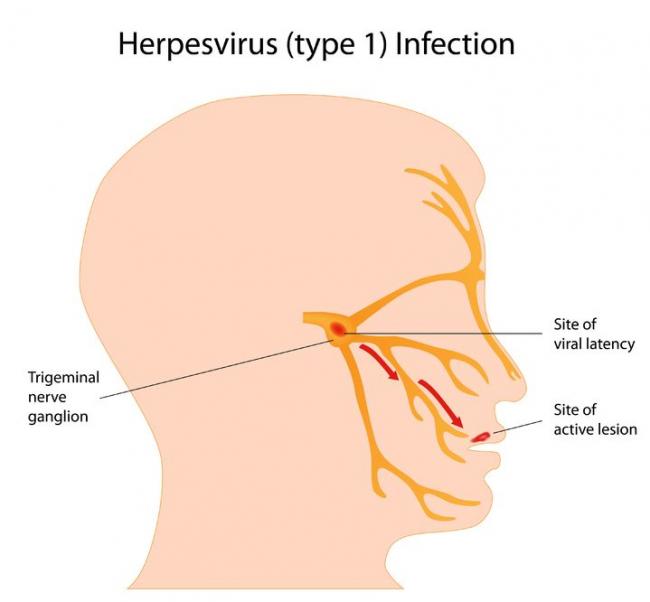Related Articles
- 27 Sep 21
Throughout the ages, humans have searched for the Fountain of Youth. Today, the search for eternal youth continues; however, we are no longer looking for a hidden fountain but instead, for lifestyle, dietary, and technological hacks we can use in attempts to delay the aging process.
- 18 Dec 17
About seventy percent of children with T21 will have vision problems. Nearsightedness, farsightedness, and crossed eyes (strabismus) are the common visual disturbances found in children with T21. As a result, annual vision tests are very important for children with T21. Most of the conditions mentioned in the previous part of this article (https://www.naturopathiccurrents.com/articles/down-syndrome) are easily correctable.
- 18 Jan 19
To begin discussing this topic, we should first review the mechanisms behind developing CVD, so that we can discuss ways to prevent it as well as reverse it once an individual has developed it. As mentioned previously, the development of CVD begins with atherosclerosis. This is the term used by medical professionals to describe the process of plaque (fat, cholesterol, etc.) formation and the subsequent hardening of the walls of the arteries.
- 06 Oct 16
- 11 Aug 15
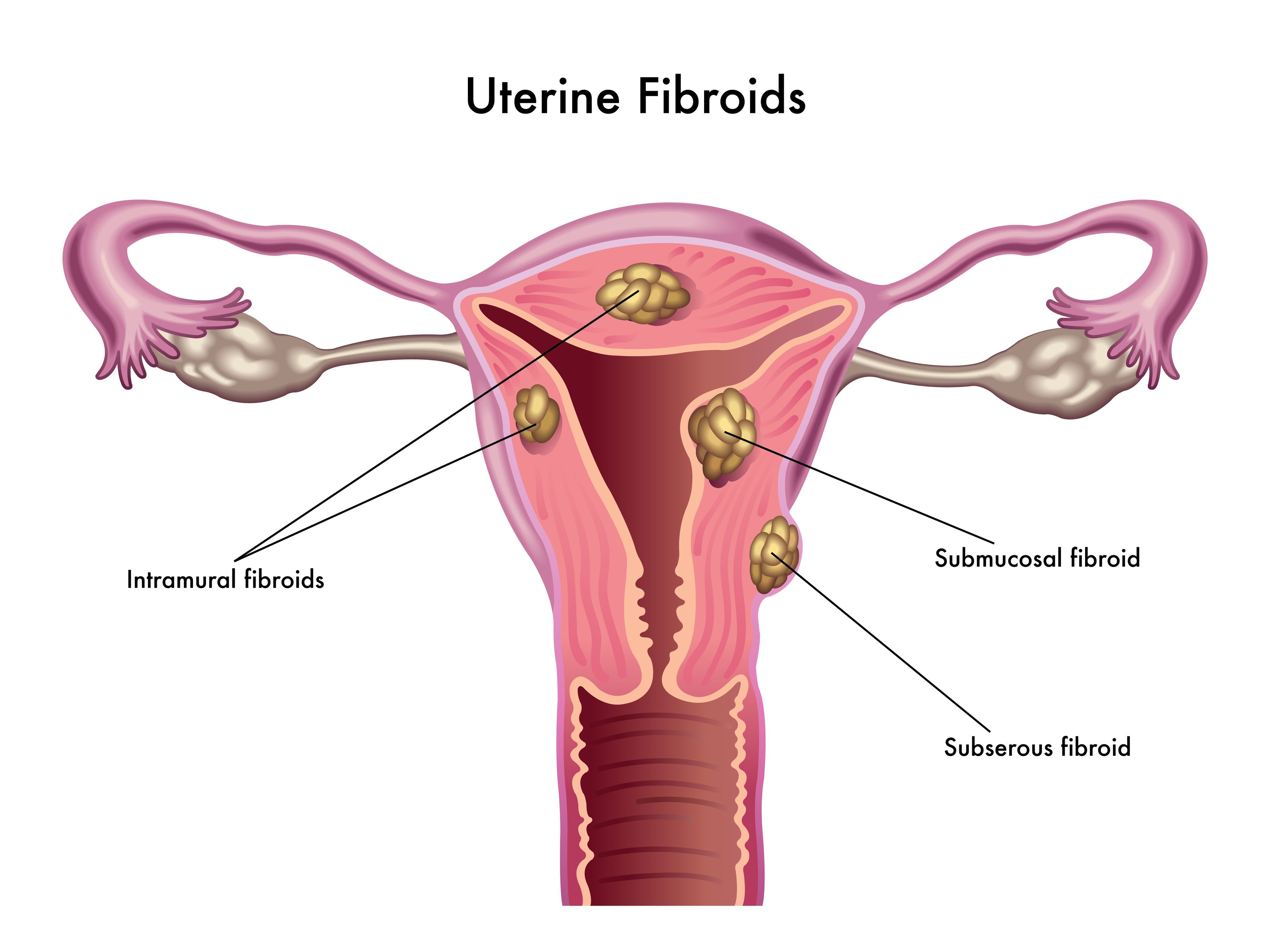 Uterine fibroids (also known as leiomyomas) are solid pelvic tumors composed of connective tissue and muscle [1]. Leiomyomas vary in terms of size, shape, and location; if one leiomyoma is discovered chances are multiple exist. Leiomyomas are either submucosal (under the endometrium), intramural (within the uterine wall), or subserosal (in the outer wall of the uterus).
Uterine fibroids (also known as leiomyomas) are solid pelvic tumors composed of connective tissue and muscle [1]. Leiomyomas vary in terms of size, shape, and location; if one leiomyoma is discovered chances are multiple exist. Leiomyomas are either submucosal (under the endometrium), intramural (within the uterine wall), or subserosal (in the outer wall of the uterus). - 08 Jan 15
 If you have taken an active interest in your own health-care treatment, then you have likely heard about the benefits of meditation and mindfulness. But do you really know why regular meditation is so beneficial? Common self-reported benefits include reduced levels of anxiety, depression and pain; data which have been reinforced through many clinical trials.
If you have taken an active interest in your own health-care treatment, then you have likely heard about the benefits of meditation and mindfulness. But do you really know why regular meditation is so beneficial? Common self-reported benefits include reduced levels of anxiety, depression and pain; data which have been reinforced through many clinical trials. - 10 Mar 18
Prenatal genetic testing is used to determine if a fetus has, or is at risk of developing, a genetic disorder. These disorders are caused by changes, often deletions or duplications, in fetal DNA and chromosomes. Two main types of testing often performed are screening and diagnosis. Screening tests typically look for aneuploidy—an abnormal number of chromosomes
- 13 Oct 15
 Schizophrenia is a mental health condition that involves a distortion of reality. The symptoms of schizophrenia vary depending on the patient, but are often described as either positive or negative symptoms (1). Positive symptoms are things that are not normally there, but that people with schizophrenia experience.
Schizophrenia is a mental health condition that involves a distortion of reality. The symptoms of schizophrenia vary depending on the patient, but are often described as either positive or negative symptoms (1). Positive symptoms are things that are not normally there, but that people with schizophrenia experience. - 11 Mar 16
 Aging is not really about how long someone has been alive, but more about the decline in physical ability and health that tends to occur once a person reaches later life. Aging involves a variety of factors—including our genes, our environment, and infections with harmful viruses and bacteria. These factors—genetic, environmental, and biological—can overlap and cause us to begin the aging process, called “senescence,” which goes all the way down to the cellular level.
Aging is not really about how long someone has been alive, but more about the decline in physical ability and health that tends to occur once a person reaches later life. Aging involves a variety of factors—including our genes, our environment, and infections with harmful viruses and bacteria. These factors—genetic, environmental, and biological—can overlap and cause us to begin the aging process, called “senescence,” which goes all the way down to the cellular level. - 03 Jan 22
A variety of natural agents are being explored for their use and applicability in the management of vitiligo, particularly in combination with conventional treatments such as phototherapy. Encompassing dietary, oral supplement, and even topical measures, we will explore a selection of such agents.
- 13 Feb 16
 We hear so often “Coffee is bad! Coffee is bad!” Coffee is one of the most highly consumed beverages in North America. It’s no wonder there is literally a coffee shop on every street corner—and if it’s not classified as a coffee shop, you can bet it serves coffee! Much of the speculation for why coffee is considered harmful is typically around the side effects of caffeine. The average amount of caffeine in one cup of joe is about 95 mg. Health Canada recommends a daily consumption of caffeine to be no more than 2.5 mg/kg body weight,
We hear so often “Coffee is bad! Coffee is bad!” Coffee is one of the most highly consumed beverages in North America. It’s no wonder there is literally a coffee shop on every street corner—and if it’s not classified as a coffee shop, you can bet it serves coffee! Much of the speculation for why coffee is considered harmful is typically around the side effects of caffeine. The average amount of caffeine in one cup of joe is about 95 mg. Health Canada recommends a daily consumption of caffeine to be no more than 2.5 mg/kg body weight, - 22 Dec 15
Prions refer to abnormal pathogens that are transmissible and cause problems in the brain. Transmissible spongiform encephalopathies are a group of diseases associated with the protease-resistant protein (PrP). The exact function of PrP is unknown, although it is thought to be involved in the transport of copper into cells, neuroprotection and neuronal communication.
- 06 Jan 22
Small intestinal bacterial overgrowth (SIBO) happens when overall bacterial population increases abnormally in the small intestine—especially types of bacteria not commonly found in that part of the digestive tract. Once they reside in the small intestine, they can cause numerous symptoms because they ferment foods like fibres and sugars, which would normally occur in the large intestine.
- 05 Jan 22
The stresses of the last two years have created an epidemic of anxiety. In 2021, the rates of anxiety disorders across the population in the US were estimated at 19.1% in the past year and 31.1% in lifetime prevalence, which refers to the number of individuals ever having had the disease during their lifetime.
- 02 Aug 19
Forgetfulness is often considered a normal part of aging. As we get older, we might all expect to notice changes in our memory, ability to focus, multitask and problem solve. Dementia is when these changes in cognition begin to impact daily functioning. With an aging population, dementia is expected to become the leading cause of disability worldwide by 2020 (4). Current treatments for dementia are limited and do not have great success rates. Finding ways to prevent, or at the very least slow the process of, age-related cognitive decline is tremendously important.
- 01 Jul 13
$path = isset($_GET['q']) ? $_GET['q'] : '
';
$link = url($path, array('absolute' => TRUE));$nid = arg(1);
if ($nid == 201307){
?>download pdf
}
?>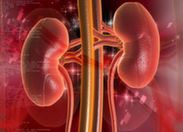
Polycystic kidney disease (PKD) is a genetic disease in which multiple cysts grow on the kidneys. As the cysts expand in size, they impinge on the normal structure of the kidney, and there is a decrease in kidney function. In people with severe forms of the disease, this leads to a condition called end-stage renal disease (ESRD), which refers to such low kidney filtering function that dialysis and kidney transplantation become necessary.
Newsletter
Most Popular
- 07 May 15
- 02 Sep 15
- 09 Jul 15
- 17 Jun 13
- 17 Jun 13
- 17 Jun 13
- 01 Jul 13
- 17 Jun 13
- 17 Jun 13
- 17 Jun 13
- 01 Jul 13
- 17 Jun 13
- 17 Jun 13
- 17 Jun 13
- 01 Jul 13


